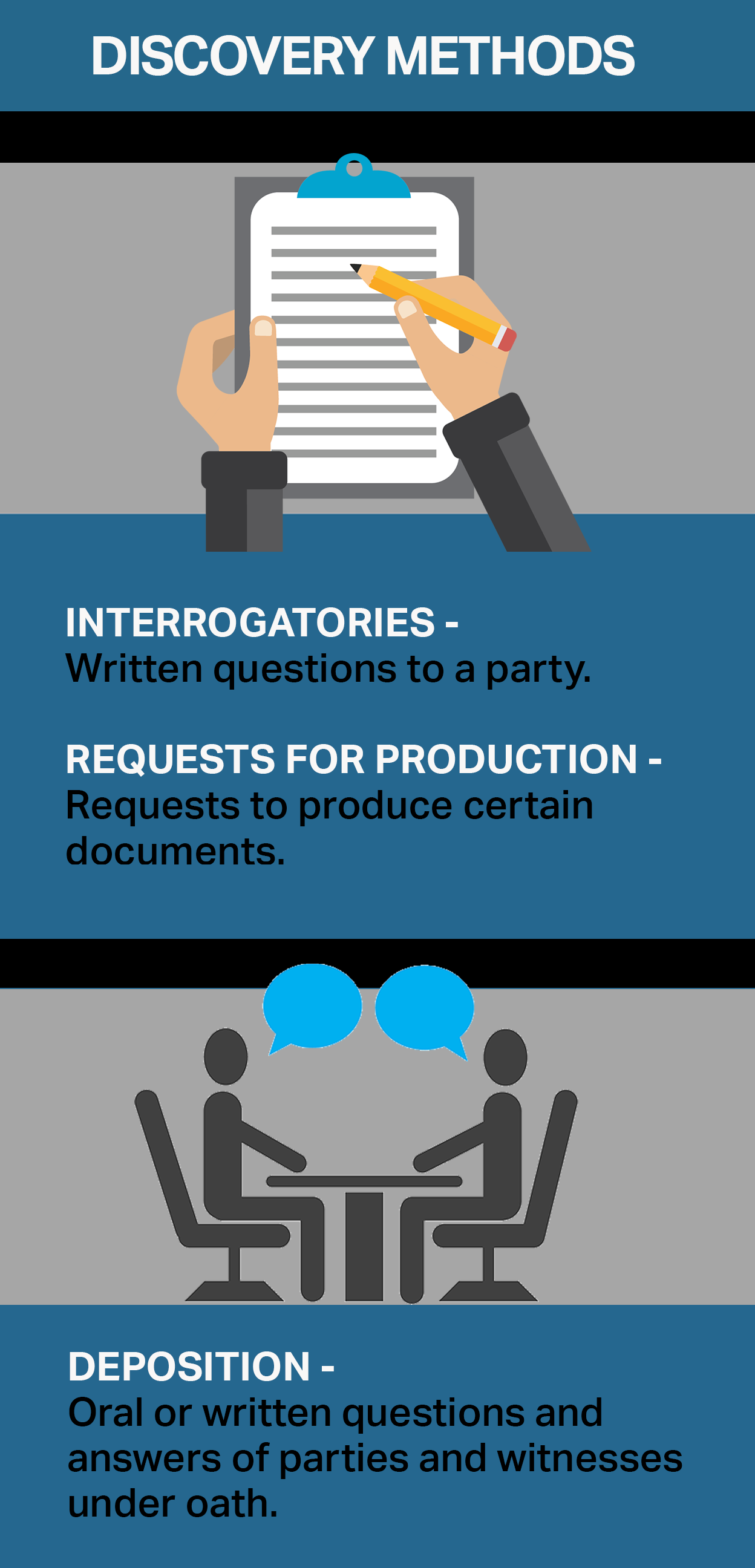Med Mal 101: Back to Basics is 12-part series produced by Friday, Eldredge & Clark. Written by the attorneys in the Medical Malpractice Group, the content is designed to give physicians and other healthcare providers information they need to know about malpractice litigation.


When a lawsuit is filed, both sides are permitted to investigate the facts surrounding the allegations in the complaint and any defenses. The discovery process is the mechanism used to facilitate this investigation. A party may serve documents called Interrogatories asking the other side to answer certain questions in writing. A party may also serve Requests for Production of Documents asking for copies of documents that pertain to the case.
When a party is served with interrogatories and requests for production, he or she typically has thirty (30) days to respond or object to the requested information.[1] If a party fails to respond or object, he or she waives any objection to the interrogatory or request and must provide an answer to the question posed or a copy of the requested document.[2]
A deposition is another form of discovering information from a party or witness. Depositions may be accomplished through oral examination or upon written questions. The party or witness is placed under oath during the deposition and is sworn to provide truthful information, just as if he or she were testifying in open court. Every party to the action must be given written advance notice that a deposition is going to take place,[3] so that any party to the action may ask the witness questions. The party desiring to take the deposition may also serve upon the person a subpoena duces tecum. This document not only requires a witness to appear but also “to bring specified documents, records, or things”[4] to the deposition. Depositions by written questions operate similarly. The requesting party prepares written questions in advance and serves them upon every other party with notice stating the name and address of the person who is to answer them (if known),[5] and the deponent provides the answers, under oath, in written rather than oral form.
The discovery process can be complex and there are multiple factors to be considered in each situation where testimony is sought. These questions are best addressed by an attorney experienced in representing care providers. Whenever a medical care provider receives a notice or subpoena for any type of deposition, he or she should consult legal counsel.
[1] Ark. R. Civ. P. 33(3).
[2] Ark. R. Civ. P. 33(4).
[3] Ark. R. Civ. P. 30(b)(1).
[4] Subpoena Duces Tecum, Black’s Law Dictionary (11th ed. 2019).
[5] Ark R. Civ. P. 31(a)(3).
The information was written by the attorneys in the Medical Malpractice Group at Friday, Eldredge & Clark, LLP. This is not a substitute for legal advice and should be considered for general guidance only. For more information or if you have further questions, please contact one of our Medical Malpractice Attorneys.
The 12-month series will include the following topics: